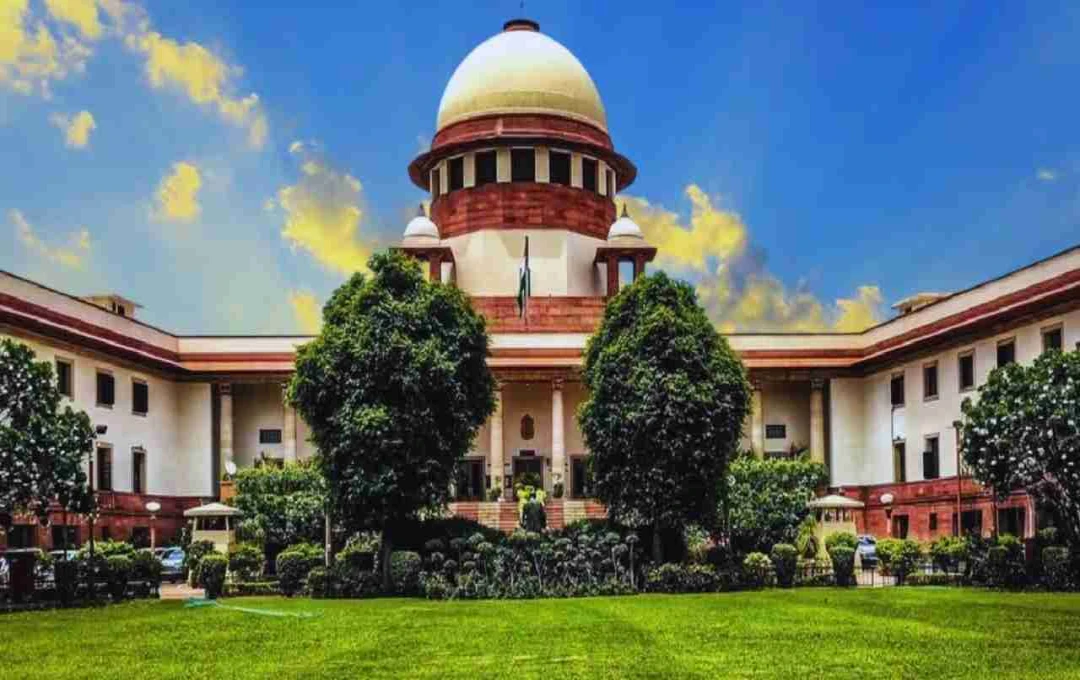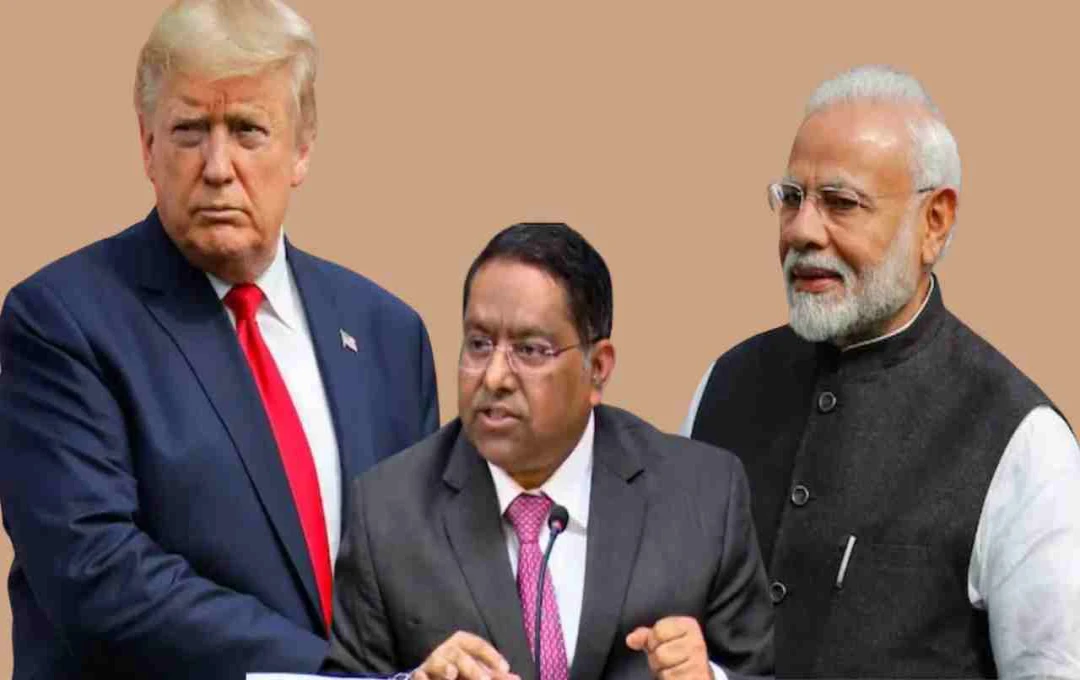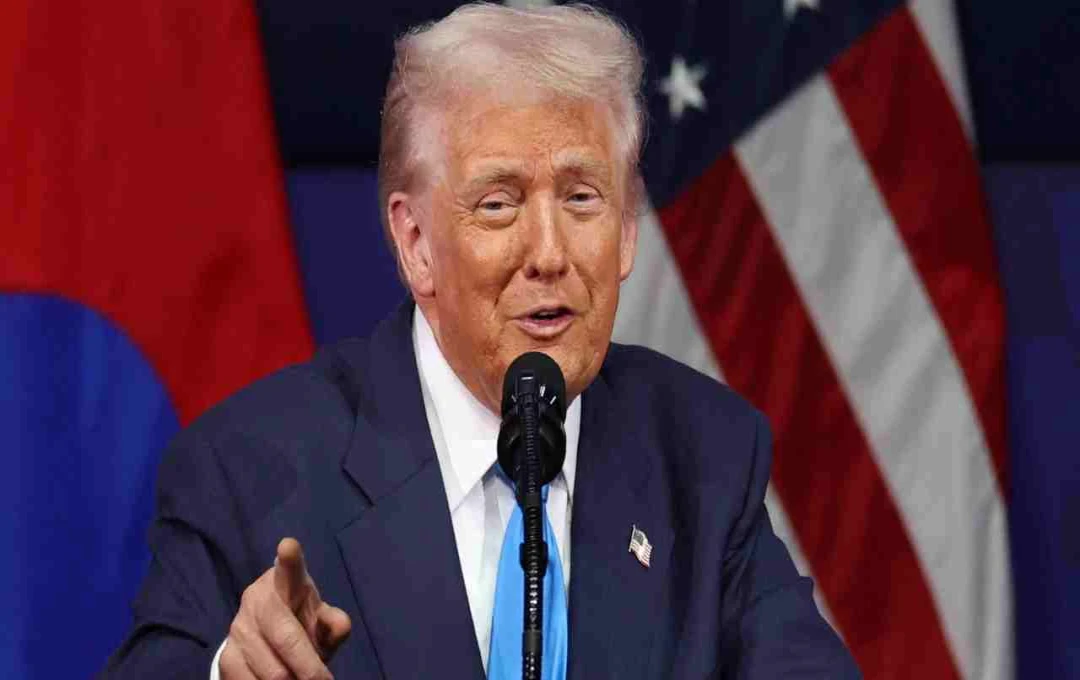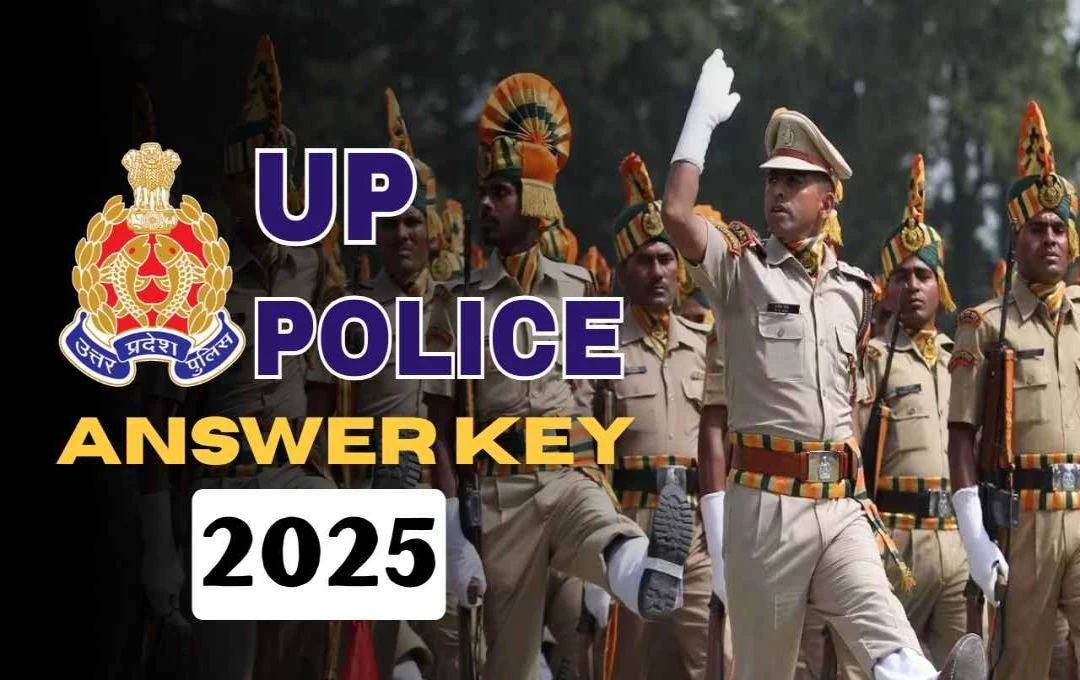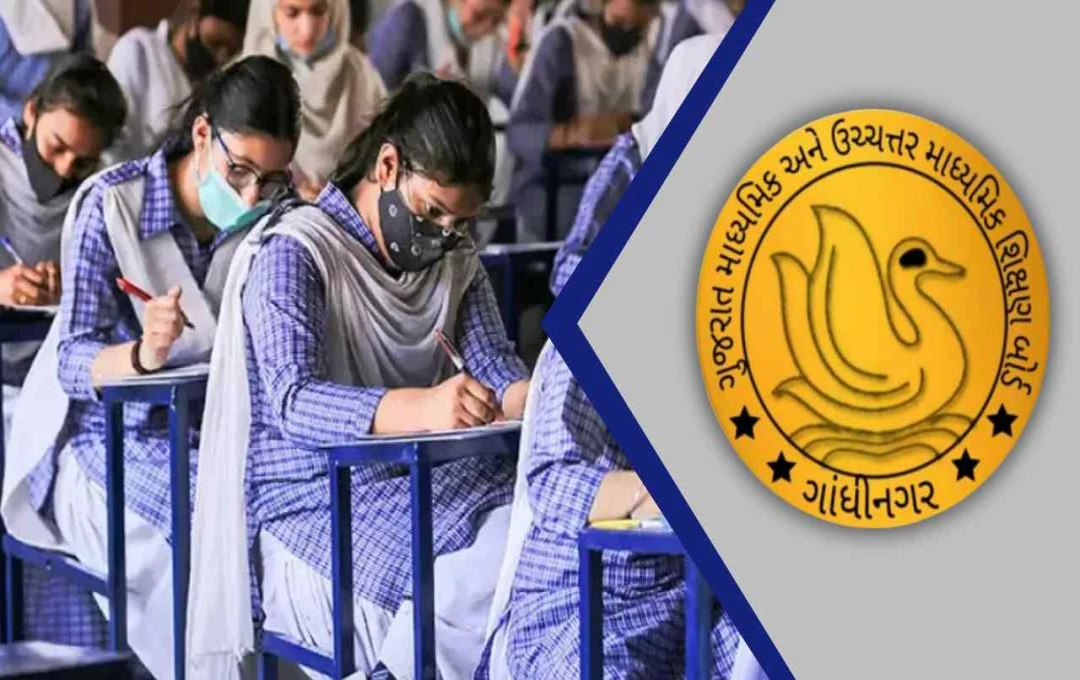The Supreme Court has stated that good, safe, and well-maintained roads are now a part of the right to life under Article 21 of the Constitution, and the government should bear the responsibility of road construction itself instead of private companies.
Supreme Court: In a significant ruling, the Supreme Court of India has clarified that safe, durable, and accessible roads are an integral part of the 'right to life' under Article 21 of the Constitution. This decision raises questions about the government's approach to road construction and maintenance across the country, compelling governments to consider direct intervention instead of relying on private companies.
This decision was delivered while resolving a long-standing dispute between the Madhya Pradesh Road Development Corporation and Umri Poof Pratappur Tollways Private Limited. The bench comprising Justice J. B. Pardiwala and Justice R. Mahadevan pronounced the verdict.
Beginning of the Dispute: Contract and Cost Overruns
On January 5, 2012, a contract was signed between the Road Development Corporation, under the Madhya Pradesh government, and the aforementioned private company for a road project. Under this contract, the company was to construct, operate, and later hand over the Umri-Poof-Pratappur road to the state government. The initial cost of the project was fixed at ₹73.68 crore. However, the company later claimed that it faced several obstacles during the work—such as delays, redesigning, and an unexpected increase in costs—due to which its total cost reached ₹280 crore. The company also claimed that it did not receive full payment and incurred losses.
Private Company's Claim and Attempt at International Arbitration
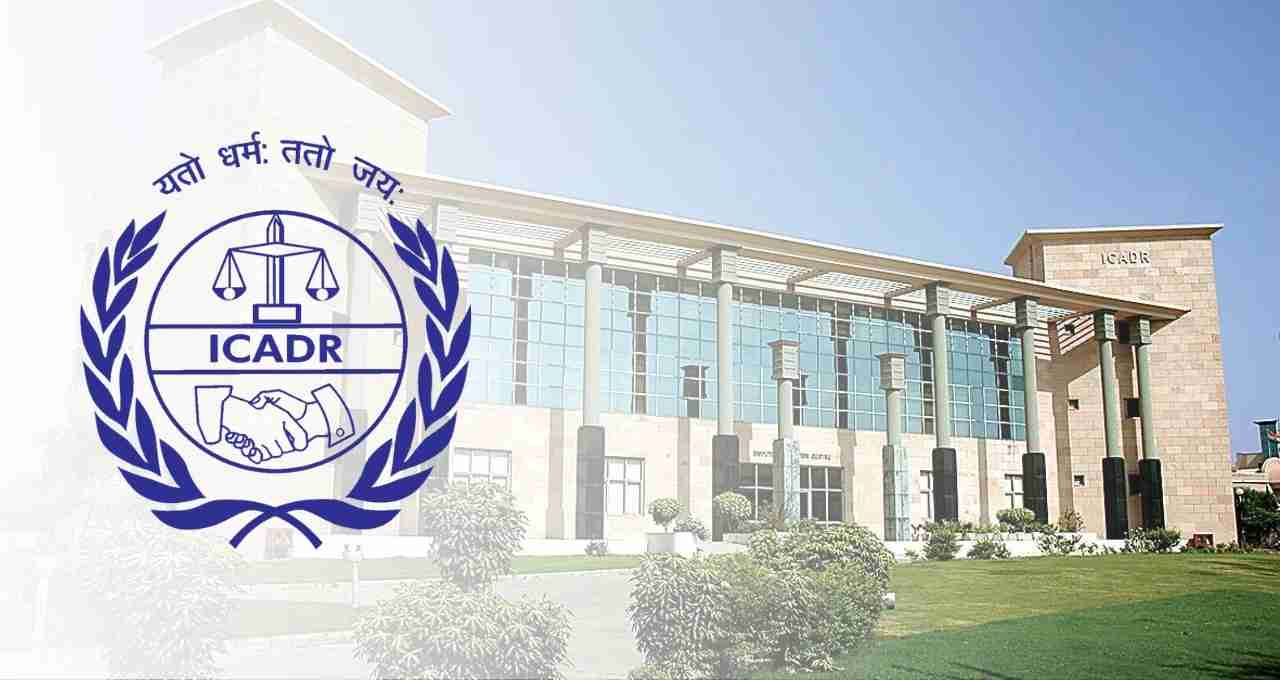
Citing the increase in project costs and clauses of the contract, the company referred the dispute to the International Center for Alternative Dispute Resolution (ICADR) for arbitration. The company believed that the matter fell under the category of international arbitration and should not be heard in the state's arbitration tribunal. However, the Madhya Pradesh Road Development Corporation opposed this move and filed a writ petition in the High Court, arguing that an Arbitration Tribunal was already established in the state under the Madhya Pradesh Arbitration Tribunal Act of 1983. Therefore, the matter should proceed there.
High Court's Decision
The Madhya Pradesh High Court ruled in favor of the corporation, quashing the proceedings of the ICADR. The court held that the road project was being undertaken for a public purpose, so the dispute related to it should also be resolved at the state level. The company challenged this order in the Supreme Court, terming it technically flawed. They claimed that they were a private entity and could not be considered a 'State' under Article 12 of the Constitution, so a writ petition could not be filed against them.
Supreme Court's Landmark Decision
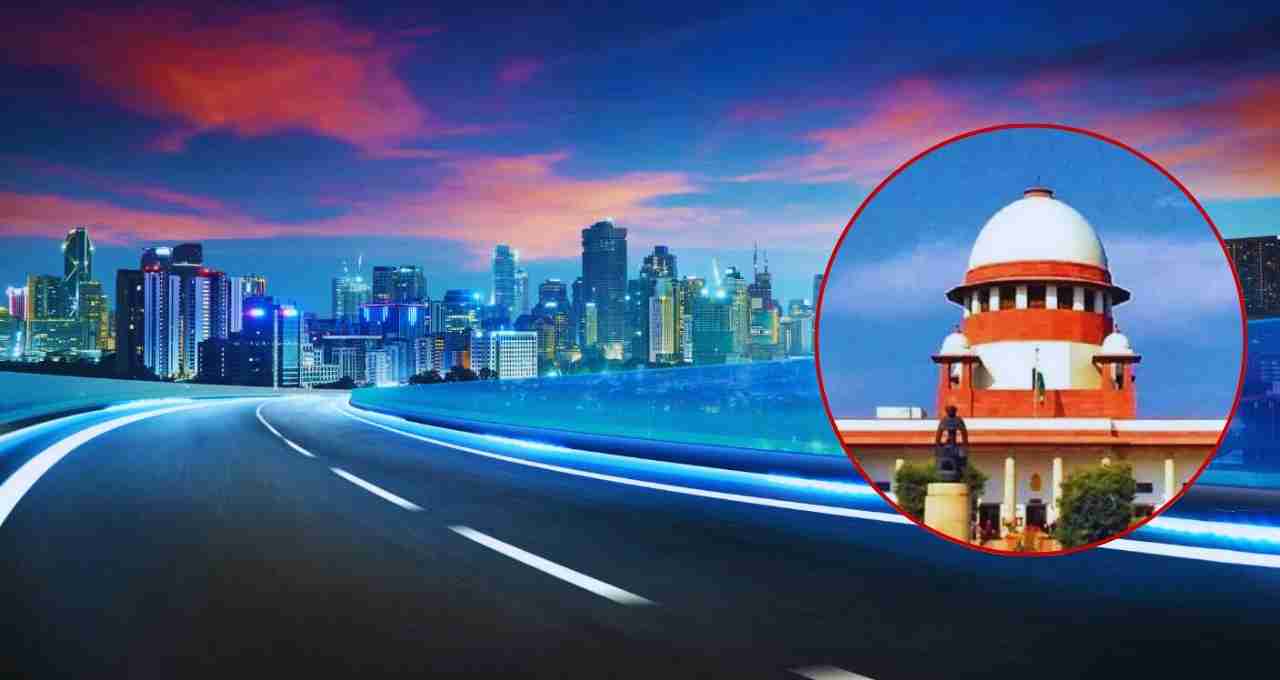
Upholding the High Court's decision, the Supreme Court said that even if the company is private, the character of the project was public. In this context, the court said, 'Roads are not merely a means of transportation, but the basis of the quality of life of the common citizen. Good, safe and usable roads are included in the right to life under Article 21 of the Constitution.' The court also said that the government should keep the responsibility of such infrastructure under its own control instead of handing it over to private hands. Public services cannot be left for private gain.
What does Article 21 say?
Article 21 states: 'No person shall be deprived of his life or personal liberty except according to procedure established by law.' Interpreting this article, the Supreme Court said that life does not only mean breathing, but also living with dignity, security, and convenience. And a good road can be the foundation of it.
Far-reaching Consequences of the Decision: Warning and Direction for Governments
This decision clearly indicates that in the future, handing over roads, bridges, and other public infrastructure completely to private hands may not only become a legal challenge, but it can also be considered a violation of the fundamental rights of ordinary citizens. Governments now need to reconsider the extent to which they can rely on private contractors. This decision is being seen as a precedent, which can bring about a major change in policy making and monitoring of public services in the times to come.
